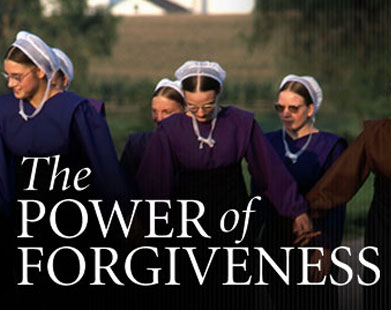
What God Really Wants? Â He Wants Us to Trust Him
And without faith it is impossible to please him, for whoever would draw near to God must believe that he exists and that he rewards those who seek him.
Heb. 11:6
Faith is a response of the heart which receives what God has already done for us in Christ. Faith is relying on God’s character, standing on God’s promises, believing God’s Cross, and obeying God’s Spirit with a certainty that surpasses physical sight and human reasoning.
In our hearts, we are assured that God’s faithfulness will bring God’s Word to pass in our circumstances, intervening in our lives, and meeting our needs. Faith believes that God not only works on behalf of others, but he is ready to meet my needs as well.
All that God wanted man to do was, to believe in Him. What a man believes, moves and rules his whole being, enters into him, and becomes part of his very life. Salvation could only be by faith: God restoring the life man had lost; man in faith yielding himself to God’s work and will.The first great work of God with man was to get him to believe.
This work cost God more care and time and patience than we can easily conceive. All the dealings with individual men, and with the people of Israel, had just this one object, to teach men to trust Him. Where He found faith He could do anything.
Nothing dishonored and grieved Him so much as unbelief. Unbelief was the root of disobedience and every sin; it made it impossible for God to do His work. The one thing God sought to waken in men by promise and threatening, by mercy and judgment, was faith.
Andrew Murray, The Two Covenants (London: Fleming H. Revell, 1898).









